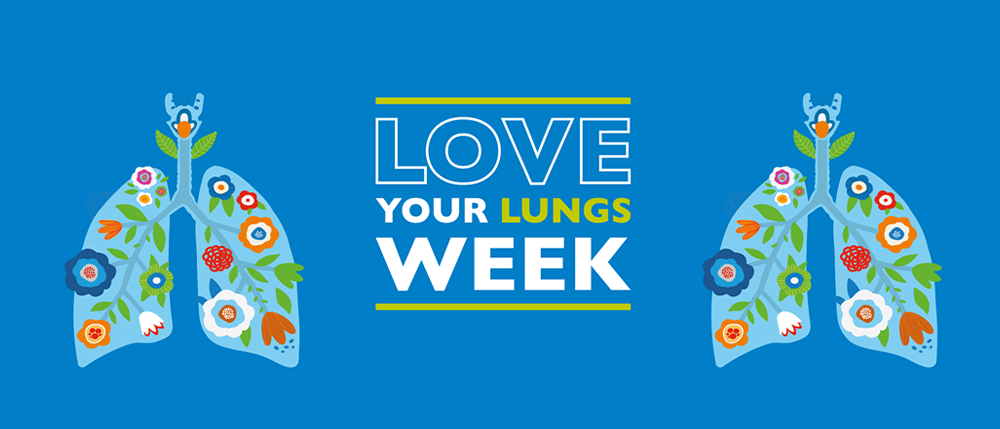Love Your Lungs Week 2021

This year for Love Your Lungs Week, we wanted to highlight the effects of air pollution and what you can do to protect yourself.
Over the last year, the pandemic has taught us how important it is to love your lungs and care for your respiratory health.
Each year as many as 36,000 people in the UK die as a result of the toxic, polluted air around them. Air pollution in the UK is currently at dangerously high levels, putting people’s health at risk and causing serious long-term conditions.
Unfortunately, it is also some of the most vulnerable in our society that are most at risk. Children, those who are pregnant, older people and the 12 million people living with pre-existing lung conditions are most effected.
What is air pollution?
An air pollutant is anything present in the atmosphere that is harmful to our health.
There are many different types of pollutants, but the main concern is Nitrogen Dioxide (NO2) and fine Particulate Matter (PM2.5) as these are currently at very high levels across the UK. Car emissions contribute to the majority of the pollution, but other sources include chemicals from factories, dust, pollen, mould spores and natural disasters such as volcanoes and wildfires.
What is the impact of air pollution?
Continued exposure to air pollution can stunt the growth of children’s lungs, worsen existing lung conditions- such as chronic obstructive pulmonary disease and asthma- and can even lead to lung cancer. Other health effects can include:
- Increased chance of early death
- Damage to developing lungs and brains during pregnancy
- Increased chance of low birth weights and premature birth
- Potential increased risk of dementia and type 2 diabetes
How can I protect myself and my family?
If possible, try to avoid main roads and traffic congested streets, especially on days when air pollution levels are high.
You can find out about high pollution days either through government-issued alerts or through reports included in the weather forecast.
Try to get to work or school a little earlier to avoid rush hour.
Reduce or avoid strenuous outdoor exercise on high pollution days and head for a gym or park that is away from highly polluted areas.
Wear a face covering. Whilst lose fitting masks won’t stop every particle from being breathed in, they can help reduce the amount.
What can I do to help?
Where possible, switch your car for cycling, walking or even scooting!
With car emissions causing the majority of air pollution in the UK, the less we drive, the sooner we can improve air conditions.
The British Lung Foundation has a number of other ways you can get involved too, so please visit their website to find out more.

